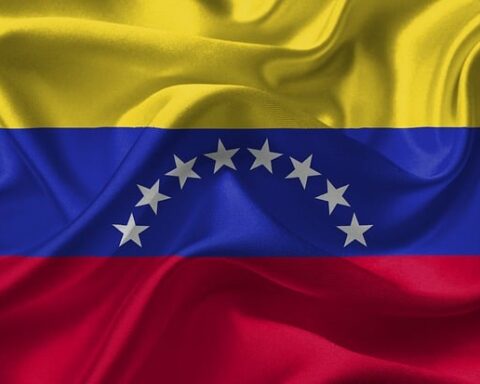Secretary of State Marco Rubio reportedly sought to balance diplomacy with firmness on Sunday as he stood alongside Israeli Prime Minister Benjamin Netanyahu, signaling that the United States remains committed to Israel’s campaign to dismantle Hamas despite international condemnation and the uproar over last week’s strike on Hamas leaders in Qatar.
Rubio, who arrived in Israel to “convey America’s priorities in the Israel-Hamas conflict,” made clear that Washington was not interested in prolonging tensions with Doha, even as Qatar convened an emergency meeting of Arab foreign ministers to protest the Israeli action.
“We are looking to move beyond” the strike, Rubio said, while emphasizing that the U.S. would push Qatar to “play a constructive role” in mediating the release of hostages still held by Hamas. He will travel to Qatar on Tuesday.
The diplomatic dustup underscored the unusual dynamics of a war that has drawn fierce criticism from Europe and the Arab world, but where Washington’s partnership with Israel appears unshaken.
President Trump has said he was “very unhappy” with the Israeli decision to strike in Doha, yet Rubio’s trip suggested that the U.S. would not allow temporary frictions to fracture its alignment with Netanyahu.
Both leaders appeared united in their insistence that Hamas must be defeated. Rubio said the U.S. wants “all the hostages released immediately” and stressed that “Hamas can no longer exist as an armed group.”
He declined to press Netanyahu publicly to wind down the war, instead noting that “a concise military operation” may be required — a remark viewed as tacit support for Israel’s push deeper into Gaza City, described by Netanyahu as the group’s final bastion.
Even as European governments led by France promote a plan to recognize a Palestinian state at the United Nations next week, Rubio denounced such efforts as counterproductive. “Hamas has walked away from agreements that they actually had tacitly agreed to, but then they see the sort of international support they believe they’re getting as a reward, and they walk away from it,” he said. “I’m telling you, it’s actually hurting the cause they think they’re furthering.”
Netanyahu, asked if Israel would refrain from targeting Hamas leaders based in countries allied with Washington, was unapologetic. “The principle that terrorists should not have immunity wherever they are, wherever they may be, was not established by me,” he said, invoking Israel’s decades-old pursuit of the Palestinians behind the 1972 Munich Olympics massacre. “This is a principle we established. It’s a principle to follow. It hasn’t changed.”
The prime minister added: “We send a message to the terrorists: you can run, but you can’t hide, and we’ll get you.”
While Trump has urged Israel to act with “care” in striking foreign soil, he has also acknowledged Israel’s security imperatives. “Qatar has been a very great ally.
Israel and everybody else, we have to be careful. When we attack people we have to be careful,” he said Sunday.
The episode highlights the complexity of the U.S. role: maintaining alliances with Qatar, Turkey, and Egypt — all of which host Hamas officials — while backing Israel’s determination to deny terrorists safe haven.
For Rubio and Netanyahu, the message was unmistakable: the war will not end until Hamas is dismantled, and America stands with Israel in that mission.
[READ MORE: Fitch Downgrades France’s Credit Rating Amid Political Turmoil and Soaring Debt]







